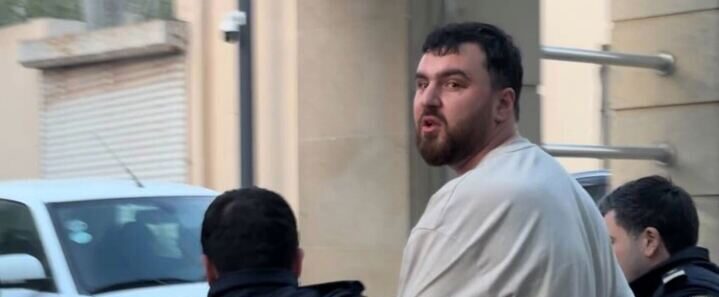Journalists from Azerbaijan, Russia, China and Saudi Arabia decried restrictions on internet freedom in their countries at the
International Press Institute
(IPI)’s 2016 World Congress held on March 20 in Doha, Qatar.
The discussion held under the theme of “Digital Journalism – Is the Internet Really a Safer Place?” was moderated by Shahzad Ahmad, country director of Bytes for All in Pakistan. The panel brought together Galina Timchenko, editor-in-chief of Riga-based Russian-language online newspaper Meduza; Asem Alghamdi, Saudi Arabia correspondent for the Al Jazeera Media Network; Arzu Geybullayeva, an Azerbaijan freelance journalist and blogger based in Turkey; and Zhang Jieping, editor-in-chief of Initium Media in Hong Kong.
Speaking about the situation in Azerbaijan, Arzu Geybullayeva said the country has witnessed an unprecedented crackdown where the government has gone after activists, journalists and human rights defenders.
Azerbaijan has more political prisoners than any other Council of Europe member state, Geybullayeva said, but she cited the good news that 14 of these individuals were released a few days ago in a pardon signed by President Ilham Aliyev. But the bad news is that many others remain behind bars, including journalist Khadija Ismayilova.
“In an environment where persecution is common, the Internet has emerged as a free platform, but it, too, has become a tool in the hands of the government to target activists,” she commented. “We have seen a number of Facebook activists and bloggers go to jail on various charges and for various terms. What is interesting in the case of Azerbaijan is that often these people go to jail for hooliganism, drug possession and in more severe cases for treason, tax evasion, or abuse of power.”
In addition to persecution, Geybullayeva also pointed to legislative amendments. For instance, in 2015, changes were made to the media law making it possible for the government to persecute and shut down outlets that are deemed to have defamed officials or state agencies. Libel charges remain common and defamation committed online is prosecutable under the criminal code; a conviction can carry between six months to three years behind bars.
“So is the Internet a safe place? Yes and no,” she concluded. “You can still use it to disseminate your work but you have to be prepared and understand that the government can persecute you for what you say online.”
Source: www.freemedia.at



